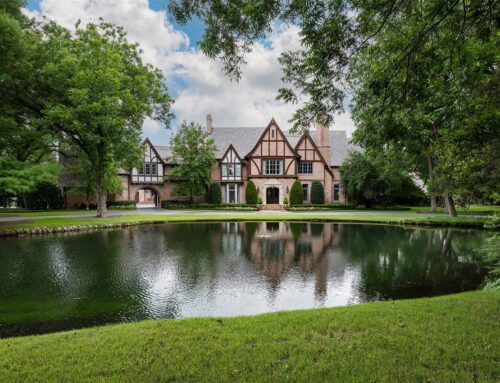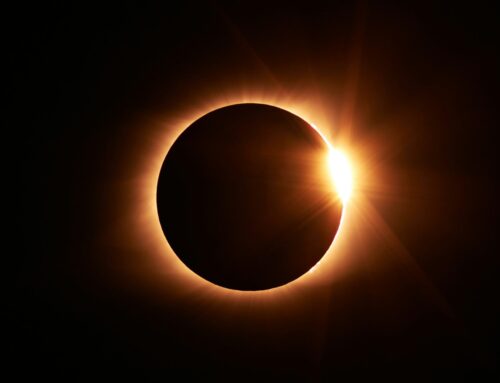By the time this magazine reaches you, we will be back into autumn, big-time. Gone are the lazy, crazy, hazy days of summer. Long past are the summer vacations, the kids’ camps, and the (hopefully) slower pace of summer. School has been back in session for some time now, businesses and organizations are in full swing, and once again we wonder where the summer went.
Oh, for what Frederick Buechner referred to as the eternal summer of our childhood, when there was no sense of fleeting time, but we just ran forever "through the firefly dusk of summer."
It will seem a bit anachronistic if I tell you that this column is written on an August Wednesday from a monastery. Although I am a Presbyterian minister, I have long admired the Benedictines for their love of silence, the sparseness of their words, their quite ordinary personalities, and their quiet discipline. So, seeing that my congregation marked my 10th anniversary in
Of course, anyone who knows me at all has responded with something like, “You? A silent retreat?" And that’s exactly why I thought I needed one.
Without going into it too deeply, I did need this time. I do need it. The only sound as I write is the sigh of the wind in the trees and the pesky housefly that has taken up residence as my roommate. There is a decided absence of other sounds, and I have not spoken a word for three days, other than trying my skill at Gregorian chant.
This is not normal! At least it’s not the way most of life goes. The fact is that, most of the time, noise is a constant presence. Dr. Marilyn Chandler McEntyre, who teaches English at
Upward of 80 percent studied to background music or conversation. They were habitual multi-taskers, studying, answering instant messages and fielding cell phone calls simultaneously. Their lives are glutted with "words, sung, spoken, written, to be consumed thoughtlessly like disposable products, often as buffers against the pain of thought or the spiritual strenuousness of silence."
I have a sneaking suspicion that she is not only describing her students; she is describing most of us. If that were not the case, then why is this silent canyon so strange, so wonderful?
Truthfully, this is a letter to myself, to be re-read in September. Maybe it will remind me to turn off the TV, the computer and the sound of my own voice, and maybe even spend a quiet night with a good book.






